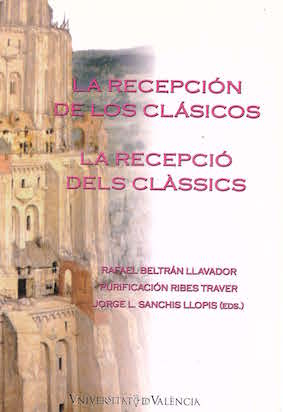Francés Carrós Pardo de la Casta, un humanista para el Cancionero general
DOI:
https://doi.org/10.7203/qf-elit.v10i0.5102Keywords:
Humanism, Carrós Pardo de la Casta, poetry, Cancionero Abstract
Abstract
The present study focuses on the poetry of Francés Carrós Pardo de la Casta, a Valencian author whose poem “Consuelo de amor”, first published in the Cancionero general of 1511, can be interpreted in the light of the doctrine of Medieval humanism. The poem, composed in Castilian, can be read, in fact, as a lyrical version of the Regoneixença e moral consideració sobre los vicis e forces d´amor, a second work by Carrós written in Catalan Medieval prose, that proposes a digression about dangers of human love, from the perspective of a laic moralism that points out the debt to Dante and, above all, to Petrarch. Like the Petrarch of the Trionfi and the Canzoniere, both texts emphasize the human effects of love and make a particular use of the allegory, not only didactic but also poetic and literary.
 Downloads
Downloads
Downloads
Published
How to Cite
-
Abstract170
-
PDF (Español)136
Issue
Section
License
 Este obra está bajo una licencia de Creative Commons Reconocimiento-NoComercial-SinObraDerivada 4.0 Internacional.
Este obra está bajo una licencia de Creative Commons Reconocimiento-NoComercial-SinObraDerivada 4.0 Internacional.
Authors who publish with this journal agree to the following terms:
- Authors retain copyright and grant the journal right of first publication with the work simultaneously licensed under a Creative Commons Attribution License that allows others to share the work with an acknowledgement of the work's authorship and initial publication in this journal.
- Authors are able to enter into separate, additional contractual arrangements for the non-exclusive distribution of the journal's published version of the work (e.g., post it to an institutional repository or publish it in a book), with an acknowledgement of its initial publication in this journal.
- Authors are permitted and encouraged to post their work online (e.g., in institutional repositories or on their website) prior to and during the submission process, as it can lead to productive exchanges, as well as earlier and greater citation of published work (See The Effect of Open Access).




